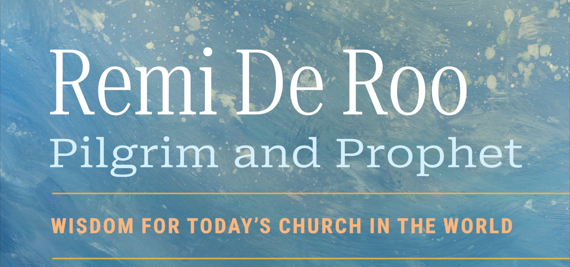
The Inestimable Value of Human Life
I consider myself fortunate that my parents never hid suffering and death from me as a child. I remember the death of my paternal grandfather and the tremendous grief I felt as I stood at his graveside. I recall the many times I was with my mother while she cared for my maternal great-grandmother as she suffered from terminal cancer. Most of all, I cherish the time I spent with my great-granduncle Marion as he spent his final months and weeks. Despite his failing memory and inability to control his body, he was an inspiration to me.
My words might strike modern readers as morbid. We flee from suffering and do all in our power to keep our youthful appearances. Like others, I fear the day when I may no longer be able to care for myself or even control the movement of my body. Yet despite these feelings, I still cannot accept assisted suicide as morally acceptable or even just. Thus, the news of the Supreme Court of Canada’s decision to strike down the ban on physician-assisted suicide deeply troubles me.
While I recognize that for many people the court’s ruling was a victory and that a great number of women and men suffer horrific illnesses and slow and painful deaths, I worry that the decision disregards the value of human life. Moreover, the ruling does nothing to advance palliative care. As Novalis author Moira McQueen recently stated “there is more need than ever to work for accessible palliative care and good pain control, to help people die well, as well as more need than ever to work to maintain conscience rights for our health-care personnel.”
I know that for some people the opposition to the ruling seems insensitive to the pain and agony that the terminally ill and paralysed experience. I do not deny that their suffering is great and the tremendous distress it causes to friends and loved ones. However, it seems to me that assisted suicide completely disregards the value of every human life, no matter what condition or state it may be in.
I think back to my time with my great-granduncle Marion as he journeyed the final days of his life. Although I do not remember the specifics of his illness as I was just a mere teenager at the time, I do recall the fear and sadness I often felt as I saw him wrestle with the loss of his memory. He was a man who once worked on the railroad and likely had greater physical ability than I could ever imagine having in my life. Yet in his final days, he suffered great pain and an inability control his movements. Incapacitated by illness and age, Marion clung to the aid of a 14-year-old boy to do the simplest of things.
Despite his frailty, Marion was, and remains to be, an inspiration to me. I will never forget the legendary stories of his time with the railroad, nor will I let pass the wise words he would say to me as we shared meal together. Our lunches, our walks and our times simply sitting together left an indelible mark upon my soul. It was with great honour then that I served his Requiem Mass, for he was man who inspired me to grow deeper in my faith and live life to the fullest.
Had his life been ended prematurely by assisted suicide, I don’t think my life would be what it is today. Although to some he may have appeared incapable of contributing to society, he did more in his final days than what we can measure. As Fr. Jeffrey Bullock says in his book Practicing Christian Patience, “When we value people only by their quantifiable ability to contribute to society’s needs, we may miss the main part.” Marion’s contribution could never be measured, but I know that as I continue his story, his life’s mark remains for another generation.
-Don Beyers, Relationship Manager & Acquisitions Editor
Learn more about the Church’s teaching on assisted suicide and other life issues with Moira McQueen’s book Bioethics Matters. McQueen serves as the Director of the Canadian Catholic Bioethics Institute at the University of St. Michael’s College in the University of Toronto.
Additionally, several leaders of Canadian churches have issued statements regarding the recent ruling. Archbishop Paul-André Durocher, President of the Canadian Conference of Catholic bishops released a statement promoting good palliative care. Archbishop Fred Hiltz, Primate of the Anglican Church of Canada, affirmed the Anglican commitment “to the ministry of accompanying people in their lifelong journey.”
Invite members of your faith community to conversations about caring for the dying and terminally ill and find out how you can care for those with serious illness and for the dying.



Well said.